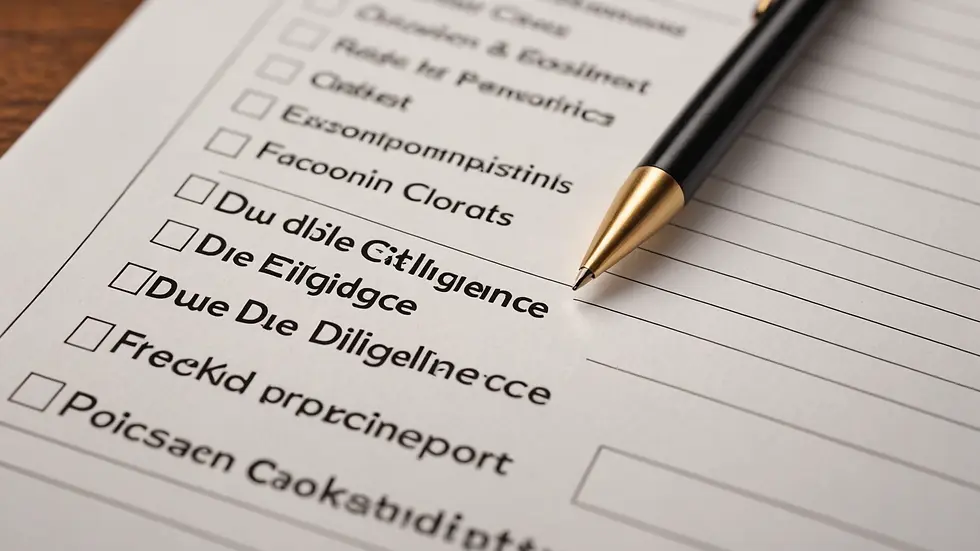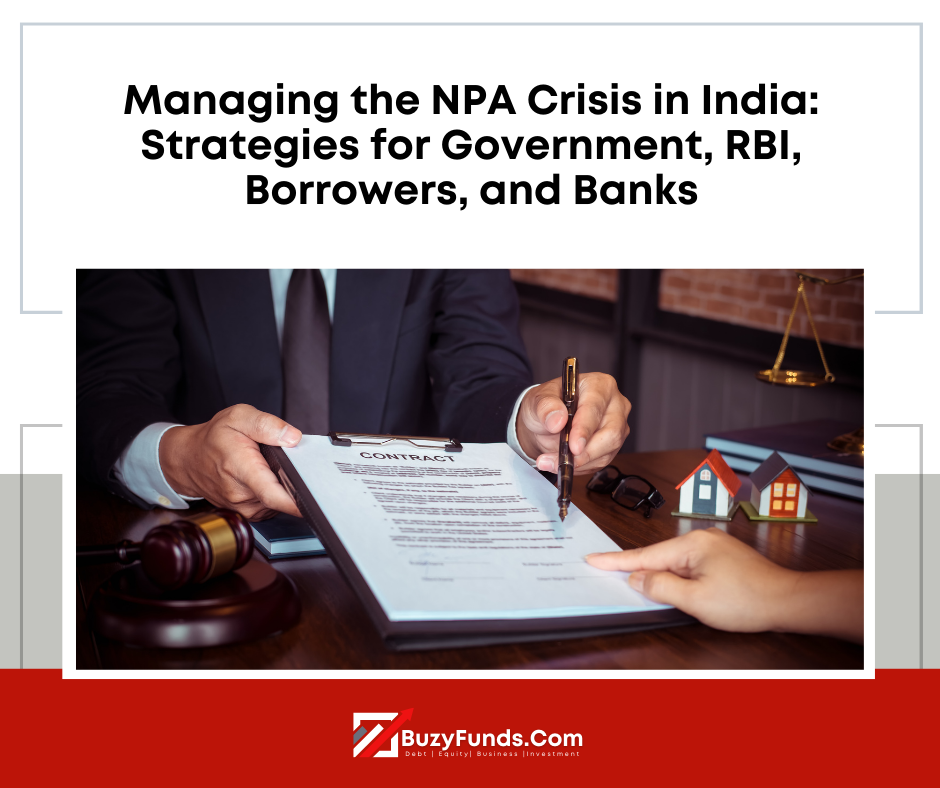Why Due Diligence Reports are Essential in Business Transactions: Standard Structure for Unknown Narrative
- BuzyFunds.Com

- Feb 3, 2025
- 4 min read
In the fast-paced world of business transactions, the significance of comprehensive planning and risk assessment cannot be overstated. One pivotal element that plays a crucial role in this preparatory phase is the due diligence report. This document serves not only as a precautionary measure but also as a strategic tool that enables stakeholders to make informed decisions.
Understanding the importance of due diligence reports is essential for investors, executives, and business owners alike. By navigating through this piece, one can glean insights into the structure, significance, and practical applications of these essential documents in various business transactions.
What is a Due Diligence Report?
A due diligence report is a formal document that provides an in-depth analysis of a business or investment opportunity. This report typically covers several aspects, including financial performance, legal compliance, operational metrics, and market conditions. It serves to identify potential risks and benefits associated with a transaction, allowing stakeholders to evaluate the viability of proceeding.

The groundwork for creating a robust due diligence report lies in extensive research and analysis. Various due diligence aspects must be covered to understand a company's overall health and future potential fully.
Types of Due Diligence
There are several types of due diligence, each focusing on specific areas relevant to the transaction at hand:
1. Financial Due Diligence
Financial due diligence involves a detailed examination of a company’s financial statements, accounting practices, tax compliance, and cash flow analysis. This process helps identify any discrepancies or irregularities within the financial records.
The importance of financial due diligence cannot be overstated, as it provides a foundation for understanding the company's financial health and future profitability.
2. Legal Due Diligence
Legal due diligence assesses the legal aspects of a business, including contracts, licenses, and regulatory compliance. This aspect ensures that the company is not facing any legal hurdles that could jeopardize the deal.
Comprehensive legal due diligence identifies potential liabilities and ensures that all contractual obligations are honored.
3. Operational Due Diligence
Operational due diligence analyzes the organizational structure and operational efficiency of a business. This evaluation encompasses employee performance, production processes, supply chains, and technology systems.
Understanding operational strengths and weaknesses is critical for assessing the overall capabilities and potential risks in a transaction.

The Importance of a Due Diligence Report
The due diligence process in business transactions serves multiple crucial functions that contribute to the overall success and security of a deal.
Identifying Risks
One of the primary benefits of a due diligence report is its capacity to uncover risks. Identifying these risks early in the transaction process enables stakeholders to develop mitigation strategies. This proactive approach not only prevents future complications but also instills a sense of security among investors and partners.
Structuring Negotiations
A well-prepared due diligence report provides factual insights that can be leveraged during negotiations. By presenting a realistic picture of the business, parties can discuss terms with a focus on data rather than emotion. This structured communication leads to more fruitful negotiations.
Enhancing Credibility
For sellers, a detailed due diligence report can enhance their credibility in the eyes of potential buyers. By providing transparency regarding the company's operations, financials, and legal standings, sellers can foster trust and facilitate smoother transactions.
Conducting Due Diligence Effectively
To maximize the effectiveness of the due diligence process, stakeholders should consider implementing a structured checklist. This checklist should encompass key areas of focus, such as:
Financial performance: Review financial statements, projections, and audits.
Legal compliance: Assess contracts, permits, and litigation history.
Operational metrics: Analyze productivity and efficiency metrics.
Market conditions: Evaluate the competitive landscape and market trends.
Preparing a Due Diligence Report
When preparing a due diligence report, it is essential to follow a standardized format. Typically, the structure includes:
Executive Summary: A concise overview of findings.
Scope of Work: A summary of areas covered during the process.
Methodology: An explanation of how information was collected and analyzed.
Findings and Analysis: Detailed insights from the research conducted.
Recommendations: Resulting actions based on the findings.
Appendices: Supporting documents and data charts.

Each section plays a vital role in delivering a complete picture of the business, essential for informed decision-making.
Conclusion
In summary, the significance of due diligence reports in business transactions cannot be underestimated. These reports serve as a compass for investors and business leaders, guiding them through the complexities of transactions while safeguarding against unforeseen risks.
As businesses evolve and the landscape of transactions becomes increasingly intricate, understanding how to conduct due diligence effectively is paramount. Whether assessing a potential merger, acquisition, or investment, a comprehensive due diligence report not only highlights risks but also reinforces the foundation upon which successful transactions are built.
By adopting a structured approach to due diligence, stakeholders can ensure that they make informed decisions that pave the way for sustainable growth and success.




Comments